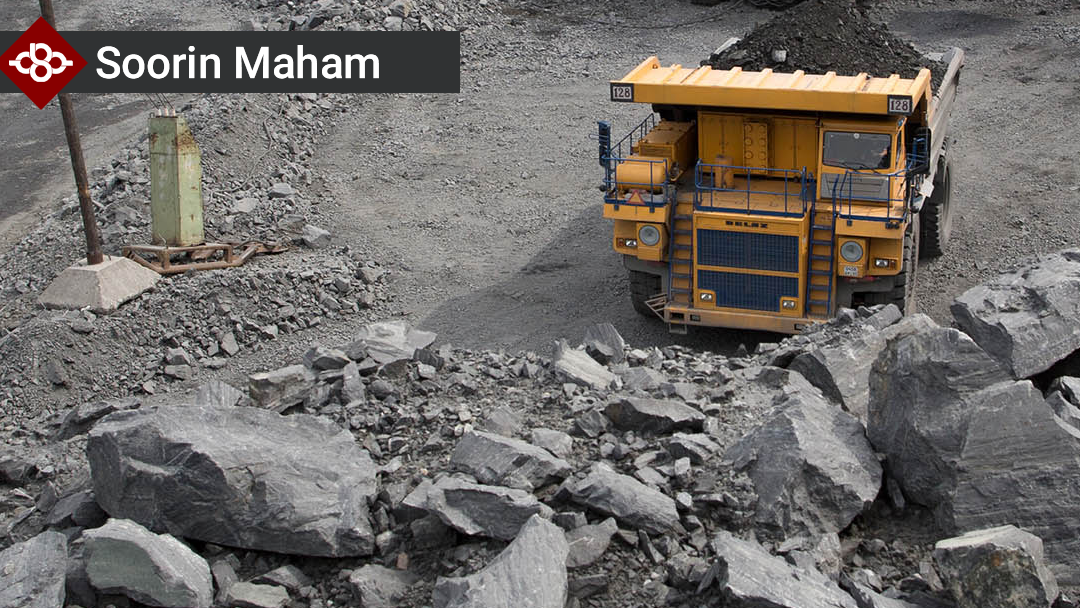Trade of minerals in Iran is one of the key sectors of the country's economy, which is of particular importance due to the existence of rich underground resources and the variety of minerals. Iran has significant reserves of minerals including copper, iron, coal, aluminum, and many others.
Status of Mineral Trade in Iran
- Diversity of Minerals:
- Iran is known as one of the richest countries in terms of mineral resources. The country is among the best in the region in the production and extraction of minerals such as copper, iron, zinc, and coal.
- Mineral Exports:
- Mineral exports, especially copper and iron, are important in providing the country's foreign exchange earnings. These materials are exported to Asian and European countries, and Iran has achieved good rankings.
- Challenges:
- Sanctions: International sanctions have significantly impacted mineral trade, making it difficult to explore target markets and communicate with global players.
- Infrastructure: Lack of infrastructure for transporting and processing minerals is another challenge in this sector.
- Resource management: There is a need to improve resource management and increase productivity in mineral extraction and processing.
- Opportunities:
- New technologies: Using new technologies and optimization methods in extraction and processing can help increase the quality and competitiveness of mineral products.
- Regional markets: Given Iran's geographical location, there is a high potential for increasing mineral cooperation with neighboring countries and regional markets.
Conclusion
Despite numerous challenges, mineral trading in Iran provides many opportunities for development and economic growth. Attention to new technologies, improving infrastructure, and increasing trade relations with other countries can help this industry thrive.



